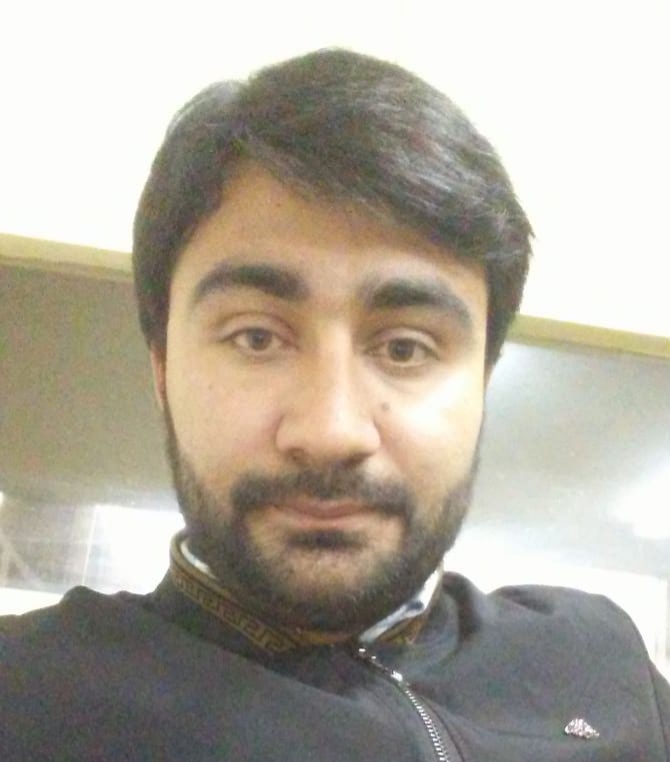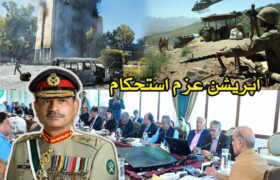Religious extremism in Pakistan though declining is still prevalent and is one of the factors which global media highlight from time to time. It not only mars global image of Pakistan but also affect government efforts to develop tourism industry and attract foreign tourists. Religious minorities like Christians, Hindus and Hazara communities though largely safe still faces numerous difficulties due to their religion.
According to reports, the population ratio of religious minorities at the time of independence was approximately 23 percent but now has shrunk to three or four percent owing to various reasons including forced migration. The state and civil society of Pakistan has forgotten the vision of their founding father Quaid-e-Azam Muhammad Ali Jinnah who in his first speech to the constitutional assembly had said, “You are free to go to your respective places of worship and religion has nothing to do with the business of the state.”
Many human rights organization like Human Right Watch and Amnesty International have highlighted the issues related to the violence against Christians, Hindus and Hazara community. According to the reports of an organization Movement of Solidarity and Peace in Pakistan, more than 1000 women belonging to Christian and Hindu communities are forced to marry Muslim men every year.
Beside this, many cases of sexual abuse, kidnapping and other domestic violence have been reported and exposed by the international media and NGOs. Despite state efforts, such cases are still regularly reported in Sindh and Punjab provinces of Pakistan. Comparatively Pashtun Belt is considered a safe region for minorities as history has proved that KP population is more secular by nature. A very small number of violence cases against minorities have happened in KP.
Mardan which is the second biggest city of KP is home to more than 150 families of religious minorities including Christians and Hindus and most of them are living in the famous street of Mardan called Sham Ganj. Mardan city has become one of the most tolerant and safest place for minorities in Pakistan.
According to Shiraz, a Christian, “I am from Christian community living in the Muslim dominated area but I have never felt any isolation since my childhood because we live in peace and love and have never face any attack or discrimination from the Muslim community.”
Majority of minorities have some grievances from the government but they do not have any problem from the civil society as they are living a safe life among the Muslims dominated area.
He said, “We don’t have any issues or threats from the civil society or Muslims community as they are dealing with us in a very respectable way and beside all the other freedoms we are enjoying religious freedom in Mardan and you cannot find any violence related to religious freedom in the history of Mardan.” But it is right that we have some grievances from the government related to our jobs and education, he added.
The ratio of Hindus population is comparatively less than that of Christians in KP. A Hindu woman living in Sham Ganj Street of Mardan without exposing her name said, “I feel proud to be a part of such society which gives much honour and respect to women and I have received the same respect from my Muslim neighbours as they are giving to their own daughters and sisters.” She elaborated that she was a university student and all of her class fellows loved her same like they loved their own family members.
In her last comments she said, “The international media and NGOs must also highlight these happy pockets for religious minorities as it will portray the real image of Pakistan to the rest of the world.”
According to Human rights organizations Sindh and Punjab are the most unsafe regions for minorities in Pakistan. Human Rights Commission of Pakistan Vice Chairman Kamran Arif said, “It is a positive thing that there are some happy pockets for religious minorities in Pakistan and particularly in Khyber Pakhtunkhwa, but overall there are still issues related to minorities’ rights in Pakistan which needs to be resolved on urgent basis.”





